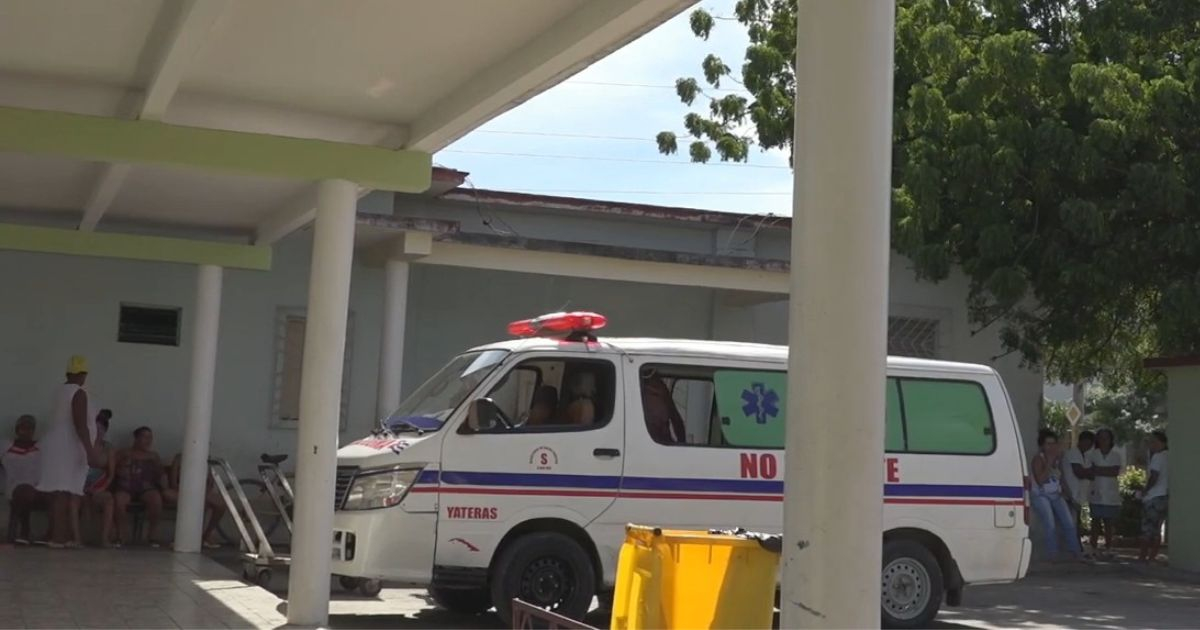
The management of the Diez de Octubre University Gyneco-Obstetric Hospital, known as Hijas de Galicia, in Havana, issued a warning about the arrival of four women in a state of shock at the emergency room of the medical center in the past 10 days, due to illegal abortions.
Some individuals are illicitly using misoprostol, a prostaglandin intended for pharmaceutical abortion and which is exclusively indicated for use within a hospital setting, Dr. Ernesto Cordoví, the hospital director, reported on Facebook.
Prostaglandins, such as misoprostol, are medications used to induce uterine contractions and facilitate the expulsion of the contents of the uterus, leading to the termination of pregnancy.
In a context of shortages of supplies and specialists, where some families resort to bribery to terminate pregnancies, the doctor questioned those who turn to the illegal practice of abortion, asking, "Why do they purchase these services illegally when there are city-abortion services available? Why do some women tolerate the charges for these services and not report them?"
Cordoví reiterated that this illegal practice endangers the lives of women, while emphasizing that accessing this service is a right in Cuba.
The doctor described those who promote illegal abortions outside of hospitals as unscrupulous, arguing that they "exploit the health of the people."
He also emphasized that women should "go to the hospitals for pregnancy termination consultations" and, in case of any issues, "knock on the director's door."
CiberCuba spoke with a Cuban doctor, a specialist in intensive care, who, speaking anonymously, explained that the use of prostaglandins, such as misoprostol, is one of the safest and most common practices for terminating a pregnancy, "but always under the supervision and assistance of a specialist."
However, he also clarified that, like any medication, it carries risks, and in this case, he mentioned "hypovolemic shock," which he described as a "life-threatening complication that generally occurs due to incomplete abortion, retention of ovular remnants in the uterus, and severe bleeding, which, if not immediately addressed, endangers the lives of these patients."
The situation in Cuba is characterized by the worsening economic crisis, which has resulted in a shortage of medications and supplies in pharmacies. Currently, contraceptive pills and condoms are more commonly traded in the informal market.
In this context, it is not easy to access abortion services, which is further hindered by the lack of supplies and specialists in Gynecology and Obstetrics.
Filed under: